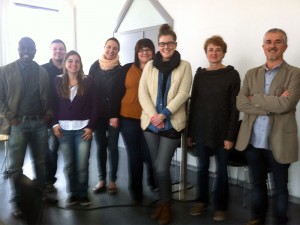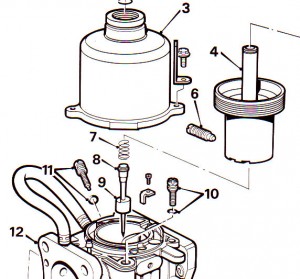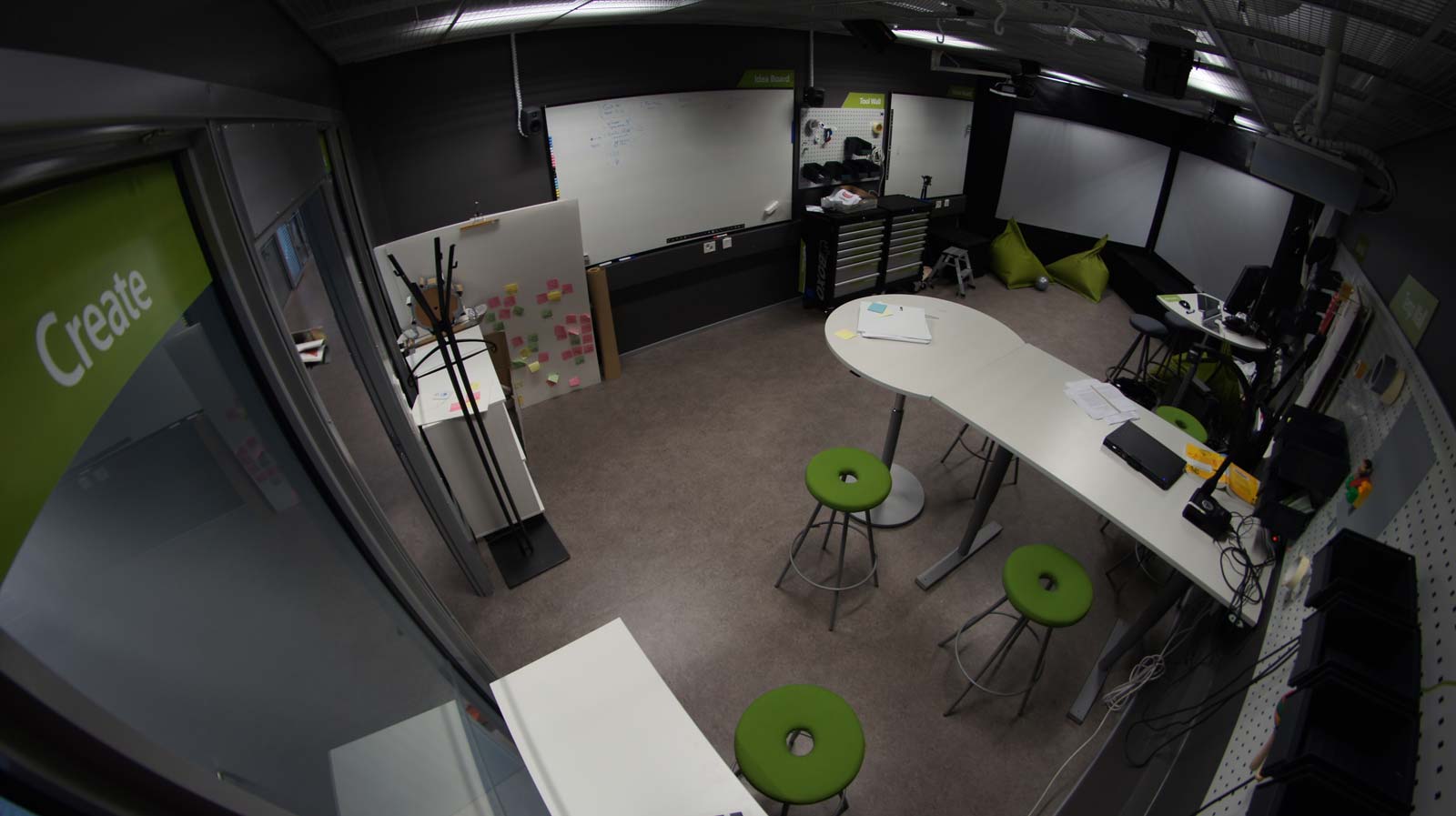04.05
Two members of SINCO team, Essi and Antti, participated to service design PhD course held in Aalborg, Denmark at the end of March as a part of their work in CoSVac project. Course was hosted by Nicola Morelli from the University of Aalborg, Department of Architecture, Design and Media Technology (or ad:mt in short) and during this three day course there were lots of good presentations accompanied with excellent discussion from the participating PhD students’ own perspectives over the topic.
Opening presentation was held by Suzanne Eide Knudsen, a design researcher from Idéklinikken about Service Design as an innovation approach in Hospitals, which are challenging environments for developing services due to the critical nature of the services and low tolerance for anything negative, especially in in the public eye. At the same time challenges of globalization, increasing amount of elder people (+ therefore decreasing indian pharmacy online no prescription amount of tax payers) and increased expectations towards the service quality are causing pressure to seek new service innovations.
Anelia Mitzeva from Aalborg Kommune was talking about developing Home care services for elderly people in ISISEMD –project, where technological service concept was developed to improve the quality of life and extend the period for staying home to people with mild dementia, with positive outcome from piloting period. With the help of technology people could for example prepare food to themselves, because the interaction screen reminded them if the stove was left on too long. The program also communicated with the neighbours and relatives, giving them a peace of mind knowing that everything was going well in the home of the elder person.
 First day’s closing presentation was held by Søren Bolvig Poulsen from Aalborg University. He was introducing a critical approach to user driven innovation in service design. Are we designers to focused on user perspective and forget the organizational perspective; the business aspect and the technology needed for producing the service? This can cause unnecessary problems especially at the implementation phase to overcome in order to concretize the service.
First day’s closing presentation was held by Søren Bolvig Poulsen from Aalborg University. He was introducing a critical approach to user driven innovation in service design. Are we designers to focused on user perspective and forget the organizational perspective; the business aspect and the technology needed for producing the service? This can cause unnecessary problems especially at the implementation phase to overcome in order to concretize the service.
In the second day opening, Nicola Morelli talked about the design tradition on the brink of industrialization of services. Three key factors for this were: Services needed to be designed as reproducible to be produced in industrialized manner.
 Also knowledge of the services needed to be codified, in order to efficiently communicate, share and spread the knowledge so that it could be reproduced, similarly to technical drawings, which offered a unified language for all participants of industrial revolution to communicate with. The last key factor mentioned was subdivision of labor: elements like outsourcing, crowdsourcing and self service have shattered the labor used to produce the service out to several stakeholders. Modularity in services was recognized as an excellent aspect for both service standardization, but also structuration and an aid for localization and service customization.
Also knowledge of the services needed to be codified, in order to efficiently communicate, share and spread the knowledge so that it could be reproduced, similarly to technical drawings, which offered a unified language for all participants of industrial revolution to communicate with. The last key factor mentioned was subdivision of labor: elements like outsourcing, crowdsourcing and self service have shattered the labor used to produce the service out to several stakeholders. Modularity in services was recognized as an excellent aspect for both service standardization, but also structuration and an aid for localization and service customization.
In discussions about value creation and service quality, Thomas Hammer Jakobsen from Copenhagen Living Lab said that in services we are moving into more empathic direction: needs of users are recognized and service production process adjusts to that. While empathy is not a property that can be taught to people, “check lists” or ways of working can be built into services, that make the service feel more empathic for the end users. We also need to design more empathic systems.
Last presenter, Anna Meroni from the Politecnico di Milano introduced a framework for designing services for public sector in order to understand the ongoing project and it’s aspects better, but also to realize which areas to focuse on research. On the role of service designer, Anna pointed out, that service designers’ do not facilitate construction, they facilitate communication. She also gave a good look into project called Nutrire Milano, a local food related community design project.
After this all we had a quick talk with Nicola about the course, in which he squeezed into short interview excellent points from the past few days’ discussions:

Was very nice to have the participation of some member of the SINCO team in the course. Definitely we could have very interesting discussions and learn a lot from each other. Hope to meet you again soon!